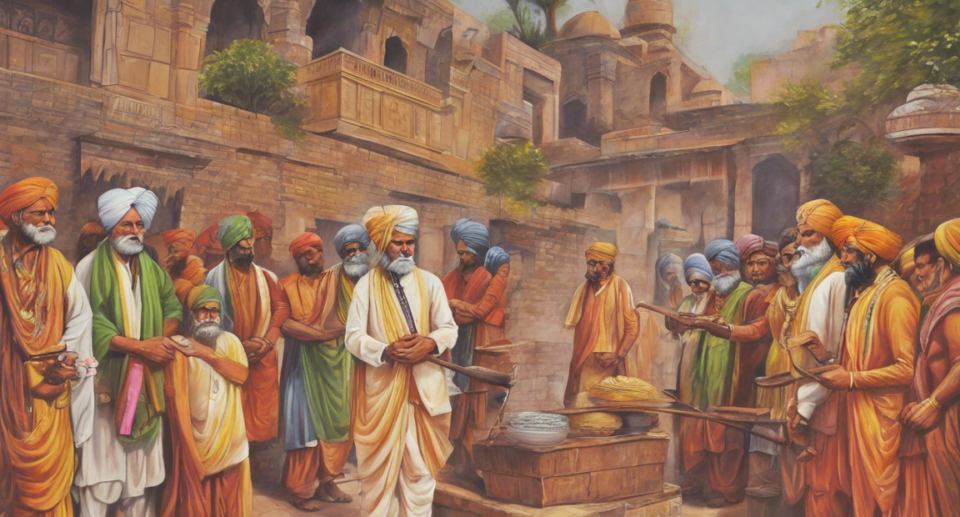When Will Sawan End?

As an Expert Blog Post Writer, I will provide valuable insights into the Hindu calendar month of Sawan, its significance, rituals, and when it typically ends.
Understanding Sawan:
Sawan, also known as Shravan, is the fifth month of the Hindu calendar and holds special importance in Hindu culture and traditions. The month of Sawan usually falls between July and August, marking the beginning of the monsoon season in India. It is dedicated to Lord Shiva, and devotees observe various rituals and fasts throughout this month to seek his blessings.
Significance of Sawan:
- Devotion to Lord Shiva: Sawan is considered highly auspicious for Lord Shiva devotees, who often embark on Kanwar Yatra to fetch holy water from the Ganges to offer to Shiva temples.
- Fasting and Rituals: Many devotees observe Sawan fasts on Mondays, known as Sawan Somvar, where they abstain from consuming food and pray to Lord Shiva for his blessings.
- Celebration of Love: The festival of Teej, especially celebrated by women, falls during this month, symbolizing the reunion of Lord Shiva and Goddess Parvati.
Customs and Traditions in Sawan:
- Kanwar Yatra: A pilgrimage where devotees carry decorated pots filled with holy water from the Ganges to offer at Shiva temples.
- Sawan Somvar Vrat: Fasting on Mondays of Sawan to seek Lord Shiva’s blessings for health, prosperity, and well-being.
- Ritual Bathing: Devotees often take holy baths in rivers and offer water to Shiva Lingams in temples throughout the month.
The End of Sawan:
While Sawan typically lasts for the entire calendar month bearing its name, its end date may vary slightly each year due to the Hindu lunar calendar. Generally, Sawan culminates with the celebration of Raksha Bandhan, a festival that signifies the bond of love between siblings. In most cases, Sawan concludes in late July or early August.
Frequently Asked Questions (FAQs) about Sawan:
1. What is the significance of offering Bilva leaves to Lord Shiva during Sawan?
Answer: Bilva leaves are considered sacred in Hinduism and are believed to be dear to Lord Shiva. Offering these leaves during Sawan is said to bring auspiciousness and blessings.
2. Can anyone observe Sawan fasts, or are there specific rules to follow?
Answer: While anyone can observe Sawan fasts, it is advisable to consult with a priest or elderly family member to understand the rituals and customs associated with it.
3. Are there any specific prayers or mantras to chant during Sawan?
Answer: Chanting the Mahamrityunjaya Mantra or Om Namah Shivaya is considered highly beneficial during Sawan to seek Lord Shiva’s blessings.
4. What is the story behind the festival of Teej celebrated during Sawan?
Answer: Teej is celebrated to commemorate the union of Goddess Parvati with Lord Shiva. It is believed that Parvati observed rigorous fasts and prayers to win Shiva as her husband during this time.
5. How can one participate in Kanwar Yatra during Sawan?
Answer: Individuals interested in participating in Kanwar Yatra can join organized groups or seek guidance from local temples for a safe and fulfilling pilgrimage experience.
In conclusion, the month of Sawan holds immense spiritual significance in Hindu traditions, emphasizing devotion, fasting, and rituals dedicated to Lord Shiva. By understanding its customs and observing its practices, devotees can strengthen their faith and seek blessings for a prosperous and fulfilling life.




